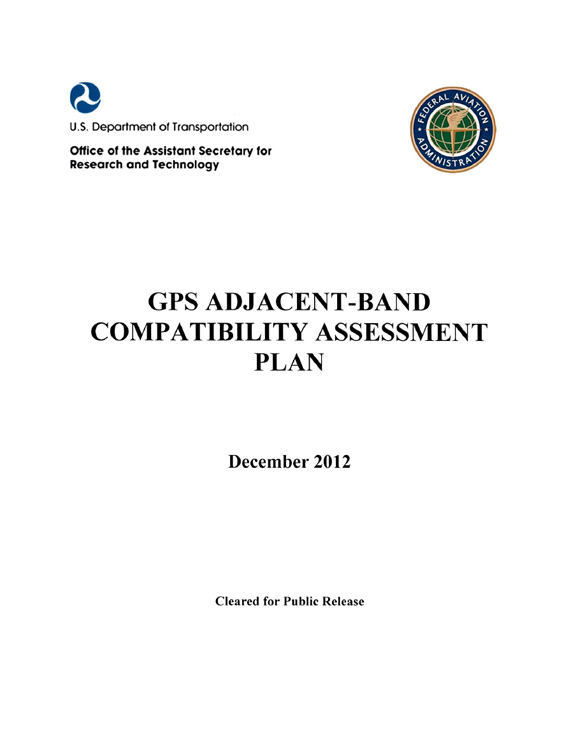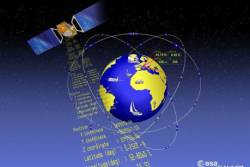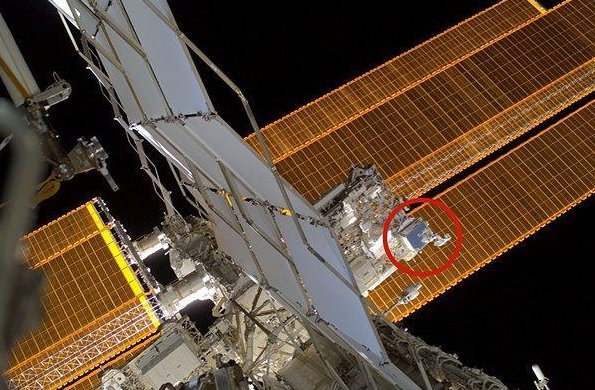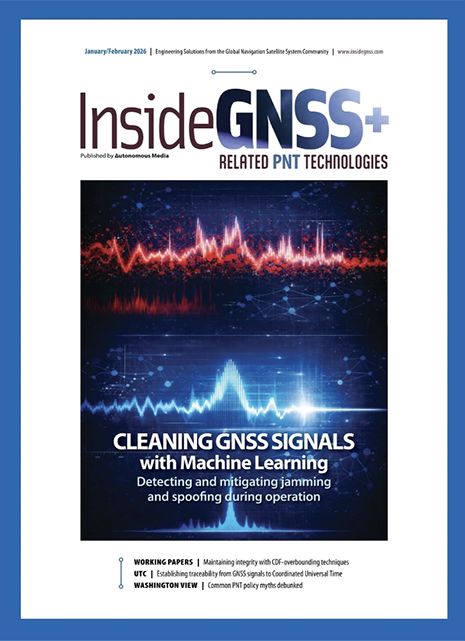For several years the European Union (EU) has sought a waiver for its Galileo system from Federal Communications Commission (FCC) licensing requirements — the so-called Part 25 rule to operate in this country.
Long-overdue approval of the request should be expedited by the FCC.
For several years the European Union (EU) has sought a waiver for its Galileo system from Federal Communications Commission (FCC) licensing requirements — the so-called Part 25 rule to operate in this country.
Long-overdue approval of the request should be expedited by the FCC.
The initial request, channeled through the U.S. State Department, came in October 2013. On January 30, 2015, the National Telecommunications and Information Administration (NTIA) asked the FCC to seek public comment on the EC’s waiver request and recommended granting the exemption to the Galileo system, which met NTIA’s criteria for such waivers.
Nearly two years passed before the FCC, on January 6, issued the public notice sought by NTIA. The comment period closed on March 23 and drew 18 responses, including replies to other submitters’ comments.
The Galileo exemption would apply to three frequencies, but it’s the swath of RF spectrum at 1559–1591 MHz, within which GPS military and civil signals also reside, that are primarily at issue. That GNSS E1/L1 spectrum adjoins a band (1525-1559 MHz) in which Ligado Networks, the successor of LightSquared Inc., would like to build a terrestrial broadband network that has been shown to interfere with many GPS receivers.
Comments made to the FCC strongly favored granting the exemption — with two exceptions. Inmarsat, an international satellite communications organization, raised concerns about out-of-band (OOB) interference from Galileo. Inmarsat and the EC subsequently issued a joint statement supporting a test campaign to assess the risk of OOB interference from Galileo E1 and agreed to mitigate such effects if they appeared.
The other negative response, predictably, came from Ligado Networks, which argued that the waiver should not be granted until after demonstrations that Galileo won’t interfere with Ligado’s proposed operations and that the addition of Galileo would not make user equipment more vulnerable to Ligado’s terrestrial transmissions.
Given that Ligado’s broadcast power would be much stronger than Galileo’s, the company’s first objection seems rather disingenuous. As for the latter issue, Galileo E1 has long operated within the same frequency as GPS L1 and P(Y)-code and within the same receivers without any substantive problems. Moreover, as the EC pointed out, Galileo has transmitted the PRS signal since 2006 “without reports of interference to systems operating in the band below 1559 MHz.”
In contrast to the limited grounds for denying the Part 25 licensing exemption, several compelling arguments exist for granting it:
National Security. Use of Galileo can further protect critical U.S. infrastructure, such as the national electrical grid and civil aviation, and enhance military operations. In a report attached to the National Defense Authorization Act for Fiscal Year 2017, the U.S. House Armed Services Committee urged the FCC to quit fooling around and act on the waiver request.
Foreign Relations. The EU represents one of the United States’ oldest and closest allies, reflected in a 13-year-old agreement that established similarly designed binary offset carrier (BOC) waveforms as the basis for new civil signals at L1/E1: the GPS L1C and Galileo’s Open Service at E1. The U.S.-European relationship is going through a rough patch right now that could be smoothed by granting the Galileo exemption as soon as possible.
Emergency Services. Unauthorized signals cannot be used for official or regulated applications such as law enforcement or 911 services without FCC approval. The EC’s request received support from NENA, the national emergency number association, which argued that additional satellite signals from Galileo would significantly improve 911 services.
GNSS Market Growth. In bilateral and multilateral negotiations the United States has long argued for ensuring a “level playing field” in commercial markets that does not favor one GNSS system over another. Not granting the exemption risks tit-for-tat treatment of GPS by other nations with their own GNSS systems.
GPS Protection/Backup. In 2010 the Obama administration adopted a space policy that said foreign GNSS services could be used “to augment and strengthen the resiliency of GPS.” Use of Galileo would aid detection of spoofing, improve interference rejection, and provide a needed GPS backup. It’s time for the FCC to move ahead and grant the Galileo request.





